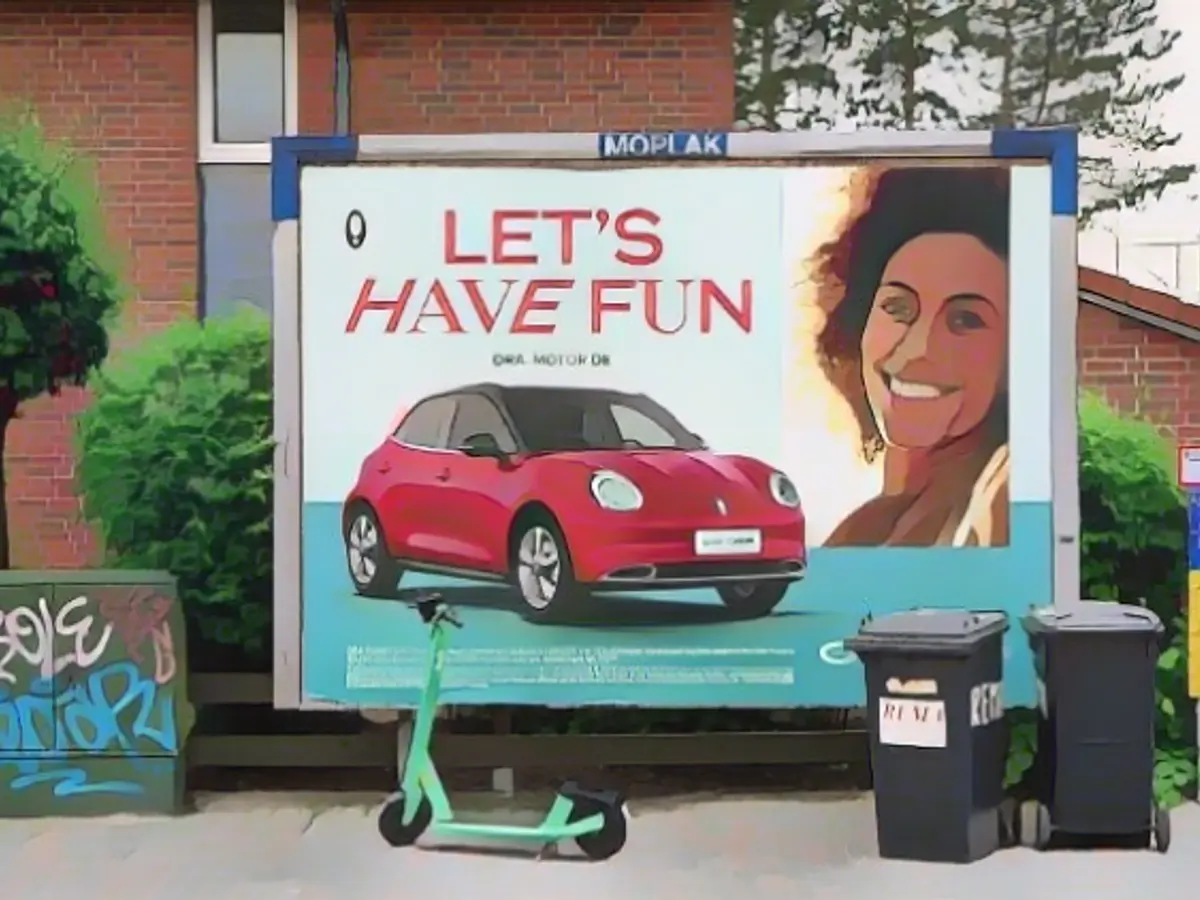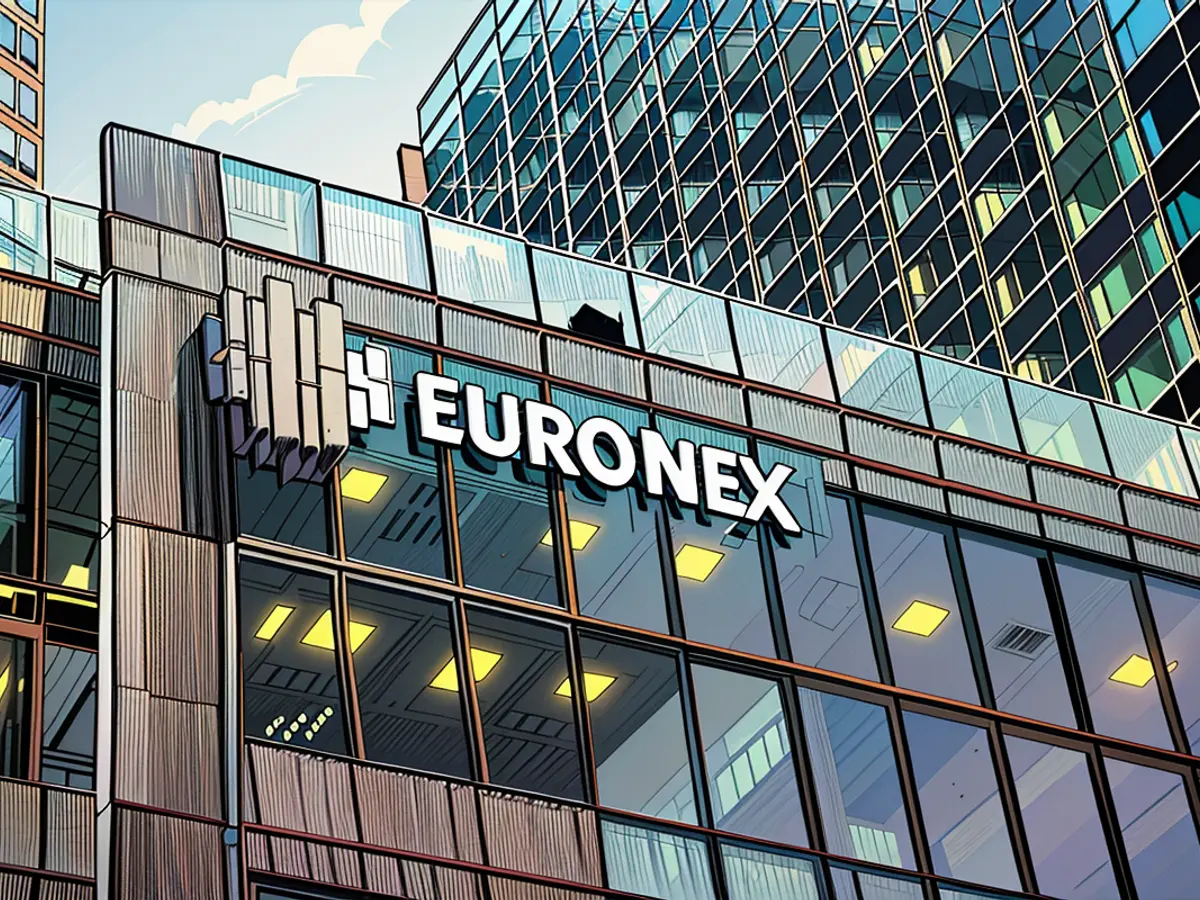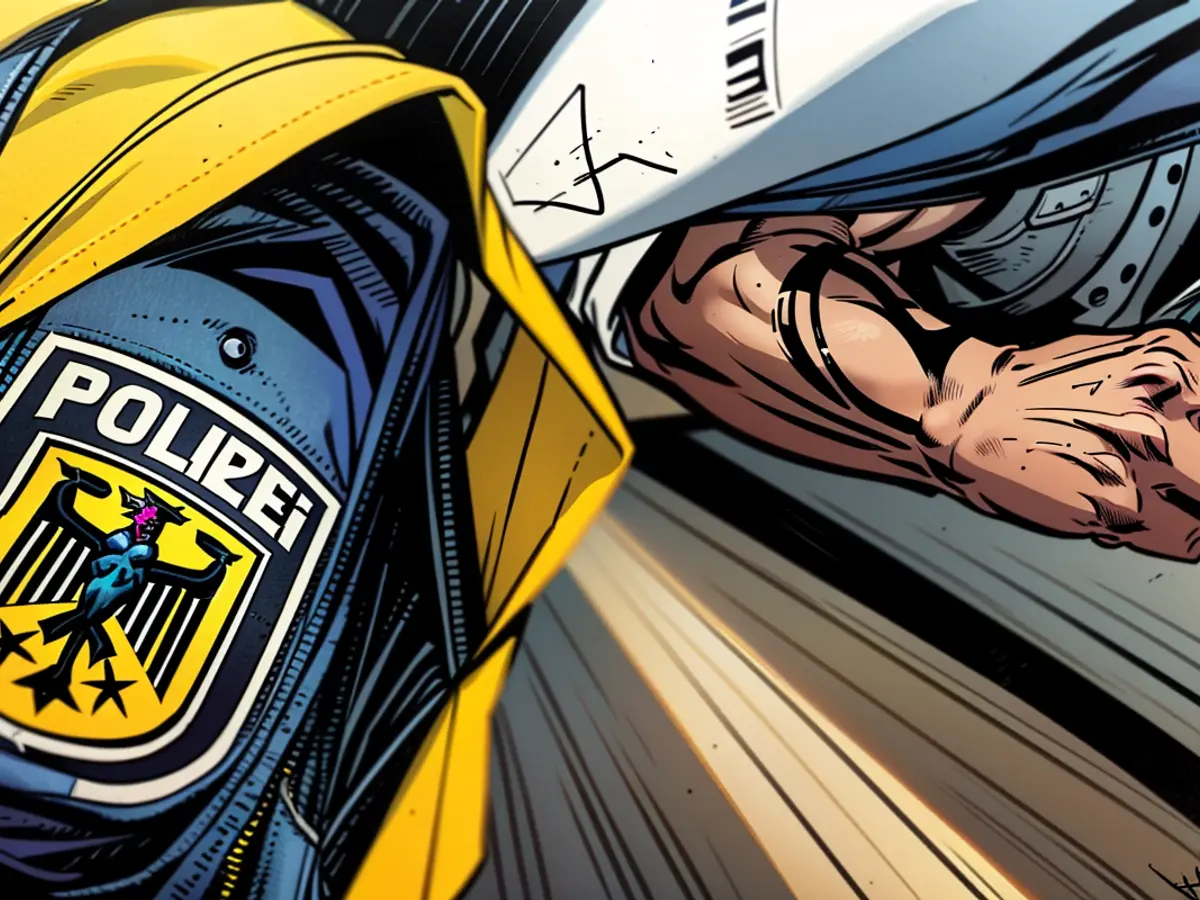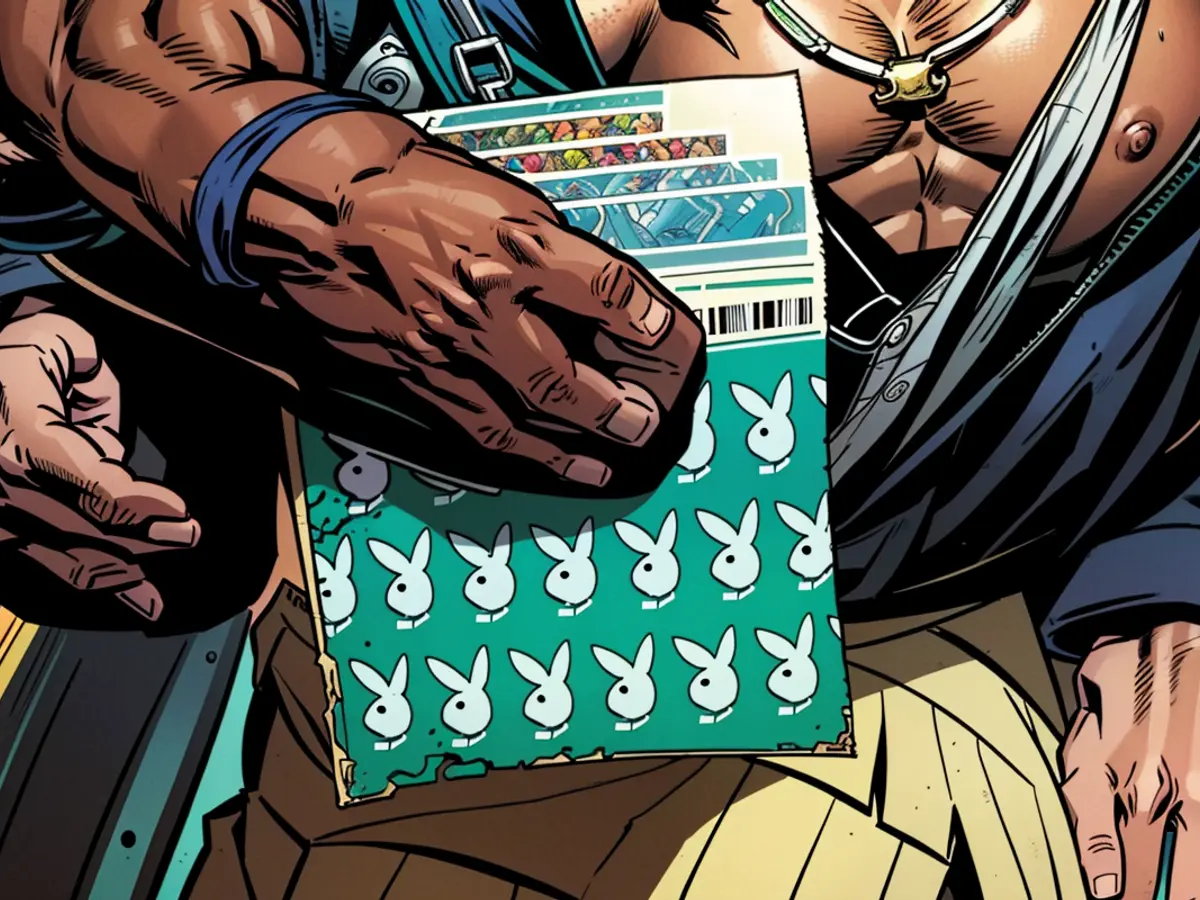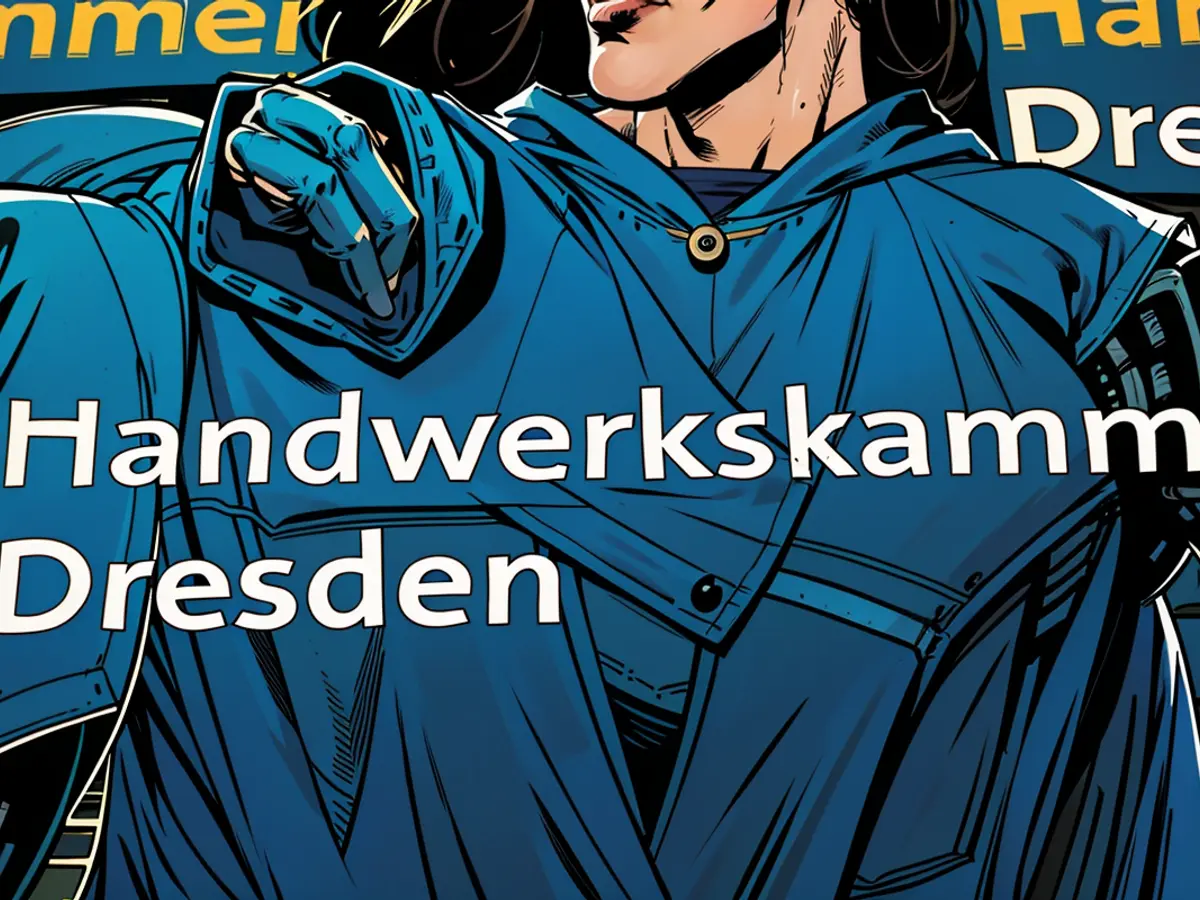And where is the Chinese e-car tsunami now?
Panic spread among German car manufacturers at the IAA in the fall: a flood of electric cars from China was on the horizon. So far, however, there has been no sign of this. But the level could rise as early as next year.
When the car manufacturers gathered at the IAA in Munich at the beginning of September, there seemed to be only one topic: the industry's fear of a veritable Chinese car tsunami. For the first time, e-car manufacturers from the Middle Kingdom were clearly in the spotlight. BYD, SAIC and Nio and their electric vehicles were suddenly seen as competitive and on a par with domestic brands in terms of technology. German manufacturers, on the other hand, looked like snoozers in the transformation from combustion engines to electromobility. Dozens of e-car manufacturers from China, which are still springing up like mushrooms there, seemed to be preparing to quickly conquer the European market.
But it looks like this panic was premature. Contrary to expectations, the attack on the hunting grounds of the European car giants is still a long time coming. So far, there is no sign of a triumphant Chinese victory march. Nio boasts that it has successfully launched five vehicle models on the German market. But the sales figures are modest. The Federal Motor Transport Authority registered just 1174 new registrations from January to October 2023. The market share of less than 0.1 percent is even one of the weakest figures among Chinese competitors. BYD registered 3084 new cars and Polestar 5742, which is still homeopathic in comparison. The share of Chinese brands in the German car market as a whole is only a modest two percent.
Nio therefore not only stands for the new self-confidence of Chinese car manufacturers. The company also exemplifies their start-up problems. "The Chinese carmakers have made big announcements about their European launch, but have not been able to deliver much so far. Taken together, the big players from China BYD, Great Wall Motor and Nio sold around 8,000 vehicles in Germany in the first ten months of this year," says Gregor Sebastian, Senior Analyst at the US research institute Rhodium Group, ntv.de. The immense trade surplus in the EU car sector with China has "rapidly melted away". However, a large proportion of these exports are attributable to Western car brands, above all Tesla. "90 percent of Chinese e-car exports to Europe are Western companies, some of which, like MG, are now Chinese-owned." The former British brand was bought by SAIC years ago.
Possible EU sanctions, cut-throat competition, lack of ships
The fanfare and drum rolls have died down for the time being and the fear in the strongholds in Wolfsburg, Stuttgart and Munich has probably dried up for the time being. There are many reasons why the Chinese are having a harder time than expected. Firstly, there are the problems in their own market, which is highly competitive. Not all e-car manufacturers in China will survive in the shark tank that is e-mobility. "There is a rat's tail of companies in China that are struggling to achieve a sustainable size at all," says Sebastian.
Investment in the new technology is also high. Different batteries also play a role in the roll-out speed. Nio, for example, relies on interchangeable batteries in its e-cars. However, there are currently only seven of these interchangeable charging stations in Germany. This is why Nio has had a factory in Hungary to build these systems since this year. In one to two years, Nio could "put the rubber on the road", says Sebastian.
But selling expensive e-cars is not a sure-fire success. Surprisingly, cars from China do not necessarily score highly in terms of price in the West. This is because Nio, BYD and Great Wall Motor have now adapted to the prices of Western suppliers. "They wanted to shed the image of low prices and poor quality and have raised their prices considerably. However, this is also a deterrent because you are ultimately buying an unknown brand," says Rhodium analyst Sebastian.
What's more, nobody can say which Chinese manufacturers will still be around in the medium or long term. There will definitely be a consolidation of the Chinese car industry. Where can you find spare parts in the future? A used car from a brand that no longer exists is difficult to sell. "Buyers need a certain degree of certainty that this brand will still exist in three years' time," says Frank Schwope, automotive expert and lecturer at FHM Hanover, in an interview with ntv.de. "Brand loyalty is therefore high in Germany and Europe," agrees Sebastian. If in doubt, car buyers are more likely to stick with a VW model. In view of the growing competition from China, Schwope sees good opportunities for the Chinese suppliers BYD, MG and Geely. "I think we're pretty much on the safe side here."
From the experts' point of view, the fact that the Chinese currently lack the ships to transport the cars to Europe also acts as a brake. Although these are now being built on a large scale, there is a backlog of orders. Catching up on this is important for China because the conquest is soon to extend to Brazil and South East Asia.
The EU's investigation into subsidies for Chinese e-cars could also prove to be a wave breaker. A decision is expected in the next ten months. It is possible that market access for Chinese brands will then be made even more difficult by high anti-dumping duties.
Will the flood come after the dry spell?
Even if things go well, experts expect the roll-out of Chinese models in the West to take another one to two years. Now it depends on the companies "whether they have the capital to bridge a lean period of months or perhaps even one to two years", says Rhodium analyst Sebastian. The political and geopolitical situation has the "potential to throw Chinese plans out of kilter".
"The wave will gradually build up from 2024 and 2025," predicts Schwope. In his view, a tsunami was not to be expected anyway. The Chinese manufacturers would have to build up logistics capacities and sales structures and look for trade groups through which the vehicles could be sold. Service would also have to be guaranteed first. "That was also difficult for Tesla at the beginning," says the car expert.
The next two years could be decisive not only for Chinese manufacturers, but also for German car buyers. This is because the arrival of car manufacturers from the Far East in Europe is linked to the hope that electric cars could also become affordable for smaller budgets here in Germany in the future. Of course, for this to happen, business would have to be booming in the future instead of just stuttering along as it has done so far. However, the feared flood may not be necessary. Rather a steady flow. Competition is known to stimulate business.
Source: www.ntv.de
